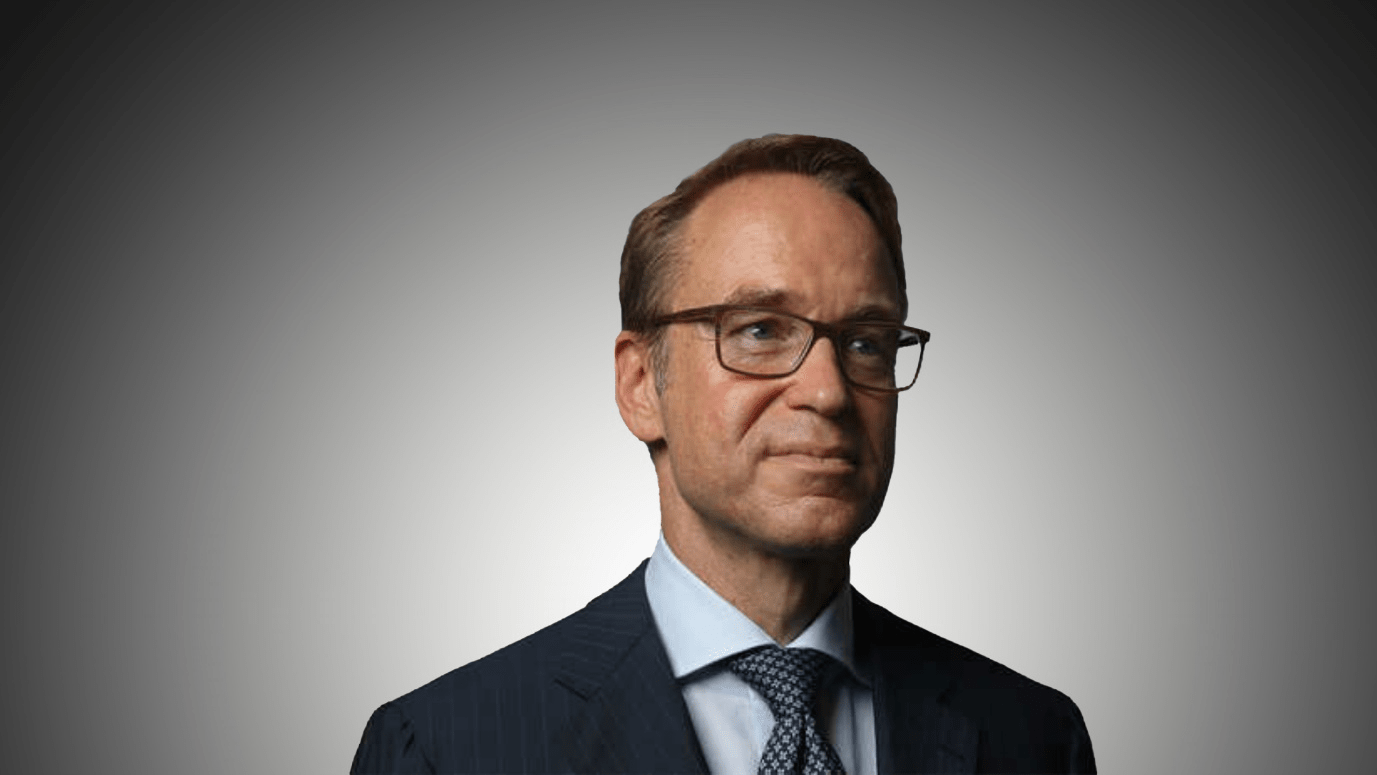
Why Skills-First Leadership Is Replacing the Ivy League Playbook in the C-Suite
The old prestige pyramid—where Ivy League degrees and blue-chip consulting backgrounds paved the way to the CEO seat—is cracking.

October 21, 2021: -On Wednesday, European Central Bank member Jens Weidmann announced that he would be stepping down as governor of the German central bank at the year-end due to personal reasons.
“I have concluded that more than ten years is a good measure of time to turn over a new leaf for the Bundesbank, but also me personally,” Weidmann said in a letter to the bank’s staff.
He has been in charge of the German central bank since 2011, at the height of the sovereign debt crisis in the eurozone. Throughout his tenure, Weidmann has been one of the biggest names within the decision-making body of the ECB, famous for his more conservative views on policy.
Weidmann’s departure comes when the ECB has a difficult choice to make over what to do with higher inflation across the region. Speaking about ECB policy, Weidmann said the bank played a “stabilizing role of monetary policy during the pandemic” and highlighted the recent decision to have a “symmetrical, clearer inflation target.”
“Side effects and, in particular, financial stability risks are to be given greater attention,” he said.
Some analysts have contemplated whether his departure links to the current monetary policy stance of the ECB.
“The next hours and days might reveal whether there are any reasons related to the ECB’s current monetary policy stance and inflation assessment involved in Weidmann’s decision,” Carsten Brzeski, global head of macro at ING, said in a note.
He added that Weidmann’s announcement “comes at a crucial time for the ECB. The camp of the hawks is losing an important voice.”
Within the German political scene, Weidmann’s decision also means that the incoming German government, likely led by the socialist SPD party, will play a role in the choice of the next governor.
Andrew Kenningham, the chief Europe economist at Capital Economics, said that “the new President is likely to be more supportive of the generally dovish and ‘green’ direction in which Christine Lagarde is leading the ECB.”

The old prestige pyramid—where Ivy League degrees and blue-chip consulting backgrounds paved the way to the CEO seat—is cracking.

Loud leaders once ruled the boardroom. Charisma was currency. Big talk drove big valuations.

But the CEOs who make history in downturns aren’t the ones with the deepest cuts

Companies invest millions in leadership development, yet many of their best executives leave within a few years. Why?

The most successful business leaders don’t just identify gaps in the market; they anticipate future needs before anyone else.

With technological advancements, shifting consumer expectations, and global interconnectedness, the role of business leaders

Following a distinguished Law Enforcement career Joe McGee founded The Securitatem Group to provide contemporary global operational specialist security and specialist security training products and services for private clients, corporate organisations, and Government bodies. They deliver a wide range of services, including complete end-to-end protection packages, close protection, residential security, protection drivers, and online and physical installations. They provide covert and overt investigations and specialist surveillance services with a Broad range of weapons and tactical-based training, including conflict management, risk and threat management, tactical training, tactical medicine, and command and control training.

Jay Wright, CEO and Co-Owner of Virgin Wines infectious energy, enthusiasm, passion and drive has been instrumental in creating an environment that encourages talent to thrive and a culture that puts the customer at the very heart of every decision-making process.

Fabio de Concilio is the visionary CEO & Chairman of the Board at Farmacosmo, a leading organization dedicated to mental health and community support services. With a deep commitment to identifying and meeting customer needs, Fabio ensures that high standards are maintained across the board.

Character Determines Destiny – so said Aristotle. And David CM Carter believes that more than anything else. For David, it has been numerous years of research into codifying Entelechy Academy’s 54 character qualities that underpin everything he stands for as a leader and teacher.


Leave us a message
Subscribe
Fill the form our team will contact you
Advertise with us
Fill the form our team will contact you